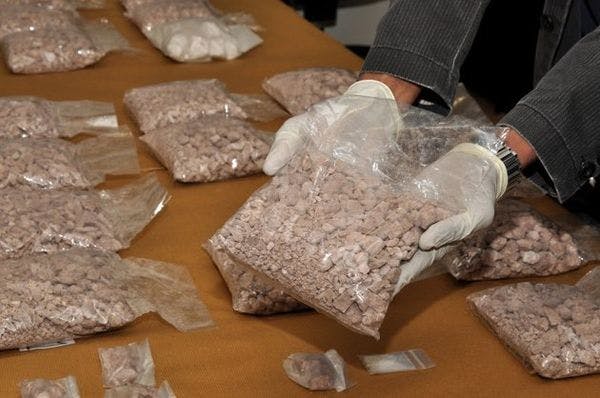Il est temps que Singapour revoie sa guerre contre la drogue
A Singapour, la reprise du recours à la peine de mort pour les infractions liées au trafic de drogues est inquiétante, tout comme son approche globale à l’égard des politiques en matière de drogues. Pour en savoir plus, en anglais, veuillez lire les informations ci-dessous.
Abonnez-vous à l'Alerte mensuelle de l'IDPC pour recevoir des informations relatives à la politique des drogues.
48-year-old Foong Chee Peng and 36-year-old Tang Hai Liang were both hanged at dawn on Friday morning. They are the first two to have been executed in Changi Prison since an unofficial moratorium on the death penalty began in July 2011.
Both men were Singaporeans, convicted on drug trafficking offences. As far as we know, most of the inmates sitting on death row are there because of Singapore’s never-ending war on drugs.
The resumption of executions sends a chilling message to the inmates as well as to anti-death penalty campaigners. With two already hanged and cremated, will there be more executions next Friday, and all the Fridays to come? Is the three-year reprieve now over?
There are many problems with the death penalty and its application. In Singapore, we have highlighted issues with the mandatory nature of the death penalty, and how it continues to restrict the discretion of the judges even after the amendments have been made. We have pointed out that the current system greatly disadvantages drug mules, while kingpins avoid the noose. We have expressed our concern with the process of issuing Certificates of Cooperation, an opaque and confusing system that appears to grant a huge amount of power to the prosecution.
Beyond that, there is an even wider concern that our current war on drugs is failing. Even with our best efforts, the drug trade in Southeast Asia has not decreased, but has instead increased. Continual arrests, death sentences and even extrajudicial killings over the years – carried out not just by Singapore by other ASEAN countries like Indonesia, Vietnam and Thailand – have done little to alter this fact.
Click here to read the full article.
Keep up-to-date with drug policy developments by subscribing to the IDPC Monthly Alert.
